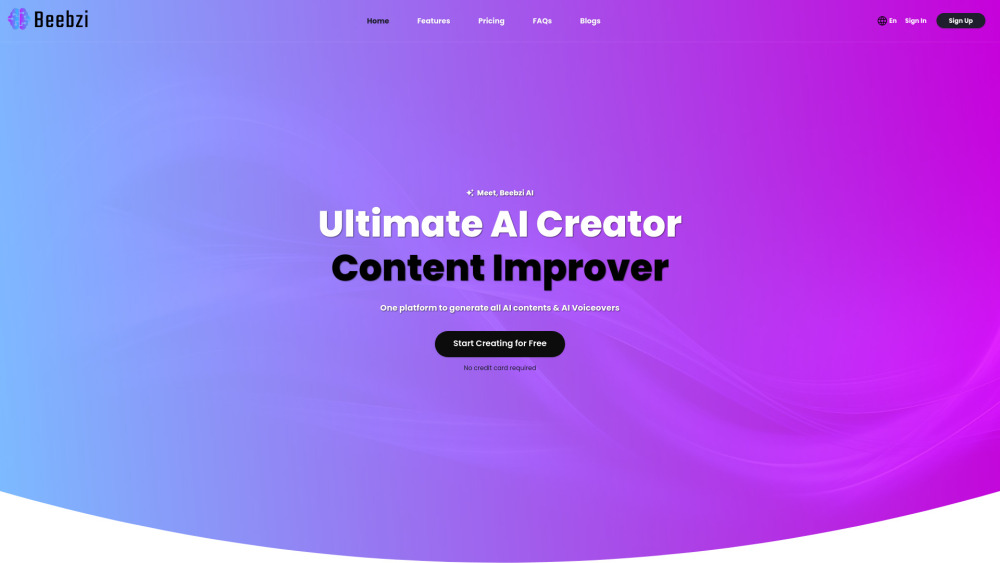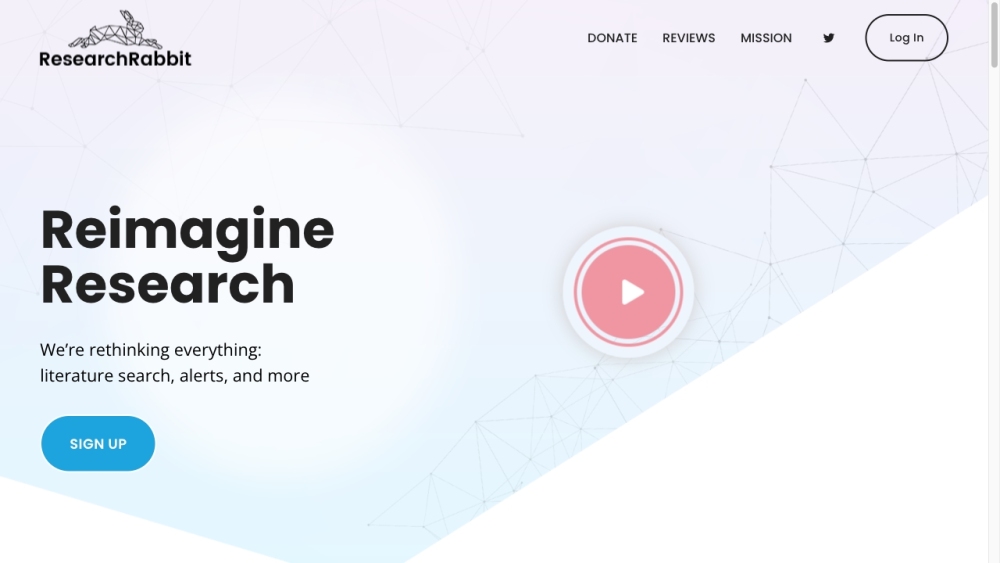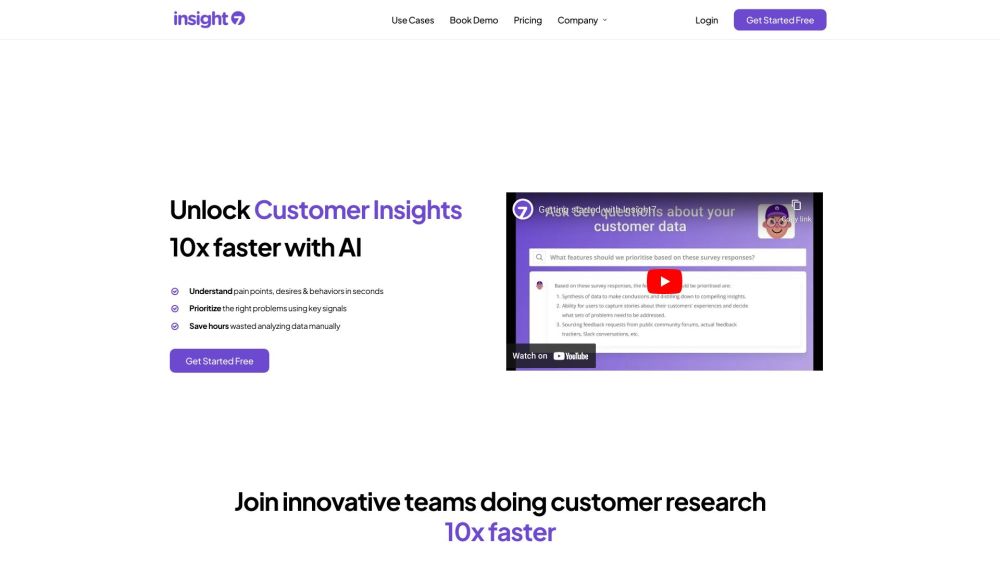Empowering AI in Europe: It's About More Than Just Money
Most people like

Unlock the power of AI with our innovative content copilot, designed specifically for marketing and sales professionals. By harnessing advanced algorithms and data-driven insights, this tool streamlines your content creation process, enhances audience engagement, and drives conversions. Elevate your marketing strategies and sales tactics with cutting-edge AI assistance that empowers you to craft compelling messages and connect with your target audience more effectively than ever before. Experience the future of content creation and watch your performance soar!

Discover ResearchRabbit, an innovative app designed to enhance literature discovery and streamline collaboration for researchers. This powerful tool simplifies the process of finding relevant academic resources, making it easier than ever for scholars to connect and share insights.

Discover a cutting-edge conversational AI platform that leverages advanced artificial intelligence and state-of-the-art speech recognition technology. Engage your audience like never before with our innovative solutions designed to enhance communication and streamline interactions.

Welcome to Insight7, the innovative AI platform designed to automate customer data analysis. By streamlining this process, Insight7 not only saves you valuable time but also uncovers hidden opportunities for growth. Discover how Insight7 can transform your approach to data insights and enhance your decision-making.
Find AI tools in YBX
Related Articles
Refresh Articles
